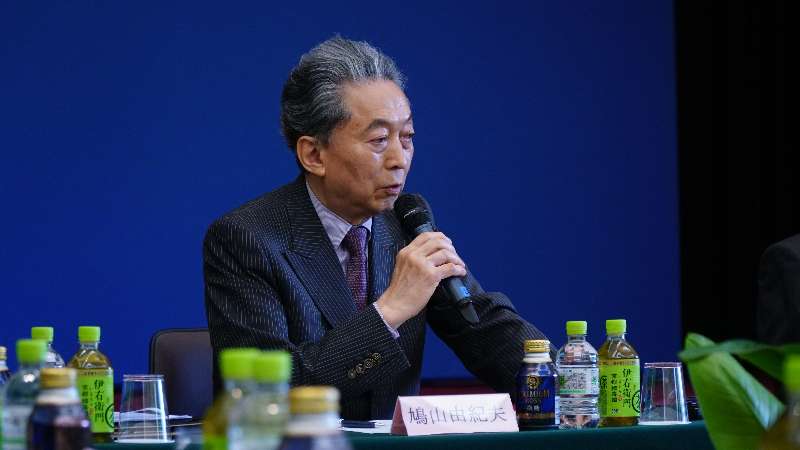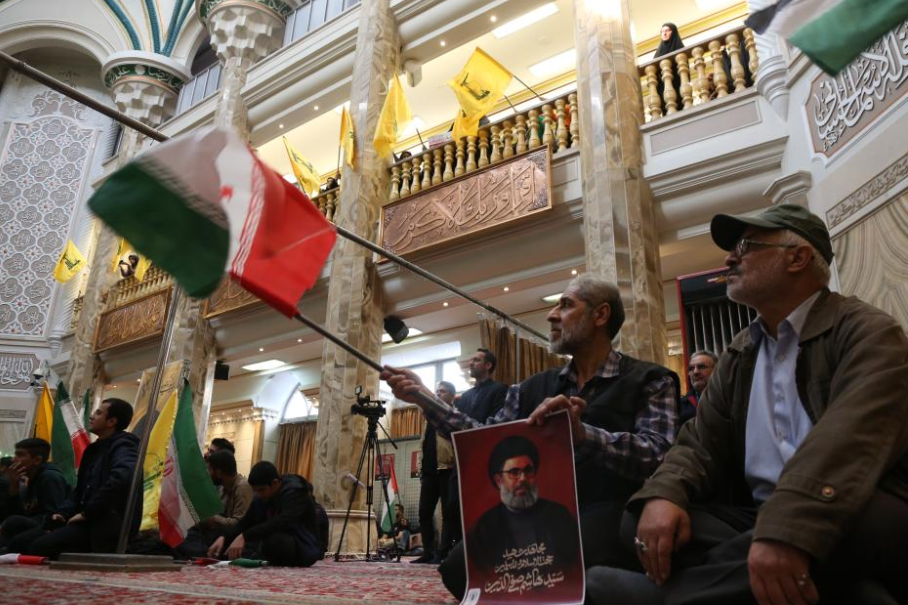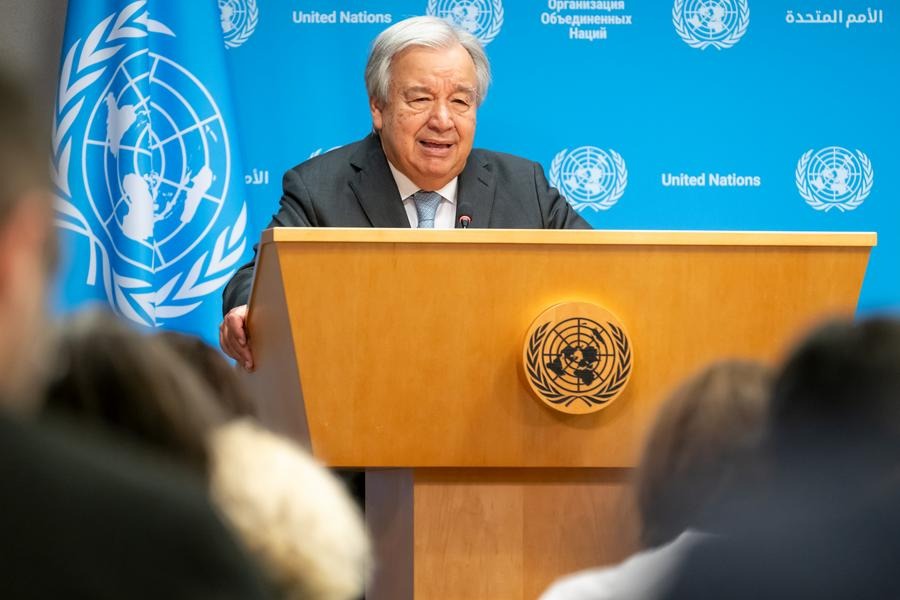Japan urged to respect one-China principle


Politicians and experts urged the Japanese government to uphold the one-China principle and stop fabricating China as an enemy.
"It is crucial for the Japanese government to fully understand the one-China principle. This means recognizing that there is only one China in the world, that Taiwan is an inseparable part of China, and that the government of the People's Republic of China is the sole legal government representing the whole of China," said former Japanese prime minister Yukio Hatoyama at a symposium in Tokyo on Monday.
"We must maintain and respect this position. If the (Japanese) government and the public acted with this understanding, the so-called Taiwan contingency would never occur. At the very least, Japan would not provoke such a situation," Hatoyama said.
Noting that incidents such as more than 30 Japanese lawmakers attending the inauguration ceremony of the Taiwan region's new leader are concerning, he said it is important to adhere to the principle of "Do unto others as you would have them do unto you".
The one-China principle is confirmed by United Nations General Assembly Resolution 2758. When Japan normalized relations with China, it fully understood and respected this principle.
China urges Japan to honor its commitments, adhere to the one-China principle, and cease provocative actions regarding China's Taiwan region, said Chinese Ambassador to Japan Wu Jianghao.
He said some people in Japan have sensationalized the notion that "a Taiwan contingency is a Japan contingency", distorting the Chinese mainland's Taiwan policy and even advocating for Japan to fight for Taiwan.
"The root cause of current tensions in the Taiwan Strait is the collusion between Taiwan authorities and external forces to pursue 'independence' and the attempts by these forces to use the Taiwan question to contain the Chinese mainland," Wu said.
Takakage Fujita, secretary-general of the Association for Inheriting and Propagating the Murayama Statement, said the so-called Taiwan contingency has been artificially created.
In recent years, the United States repeatedly provoked China. There have been record-breaking arms sales to the Taiwan region, repeated visits by high-ranking officials to the region, and frequent passages of US warships through the Taiwan Strait, Fujita said.
"Without such provocative actions, the so-called Taiwan contingency would not have arisen. It must be said that the (Joe) Biden administration's goal is not the easing of tensions in the Taiwan Strait, but quite the opposite. It must also be said that it is the US government that is aiming to change the status quo," Fujita said.
"We must not prepare for war by fabricating China as an enemy. China is Japan's largest trading partner. Promoting Japan-China friendship is one of Japan's greatest security measures. Ultimately, the key to peace, stability, and development in Asia lies in the friendship and peaceful coexistence between Japan and China," he said.
Mizuho Fukushima, head of the Social Democratic Party, or SDP, of Japan, said Japan's political situation is troubling, with the peace-oriented principles of Article 9 of the Constitution of Japan being gradually eroded.
The current situation in Japan, such as the deployment of its Self-Defense Forces and missile plans in Okinawa and southwestern islands, and the expansion of ammunition depots nationwide, indicates preparation for war, Fukushima said.
"Japan must not go to war when it is not under attack," she said, adding the SDP aims to join forces with many others to shift away from the path of military expansion and toward peace building.
Kumiko Haba, professor emeritus at Aoyama Gakuin University in Tokyo, stressed that it is necessary for East Asia to avoid war at all costs.
jiangxueqing@chinadaily.com.cn

































